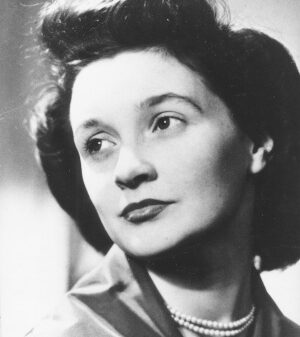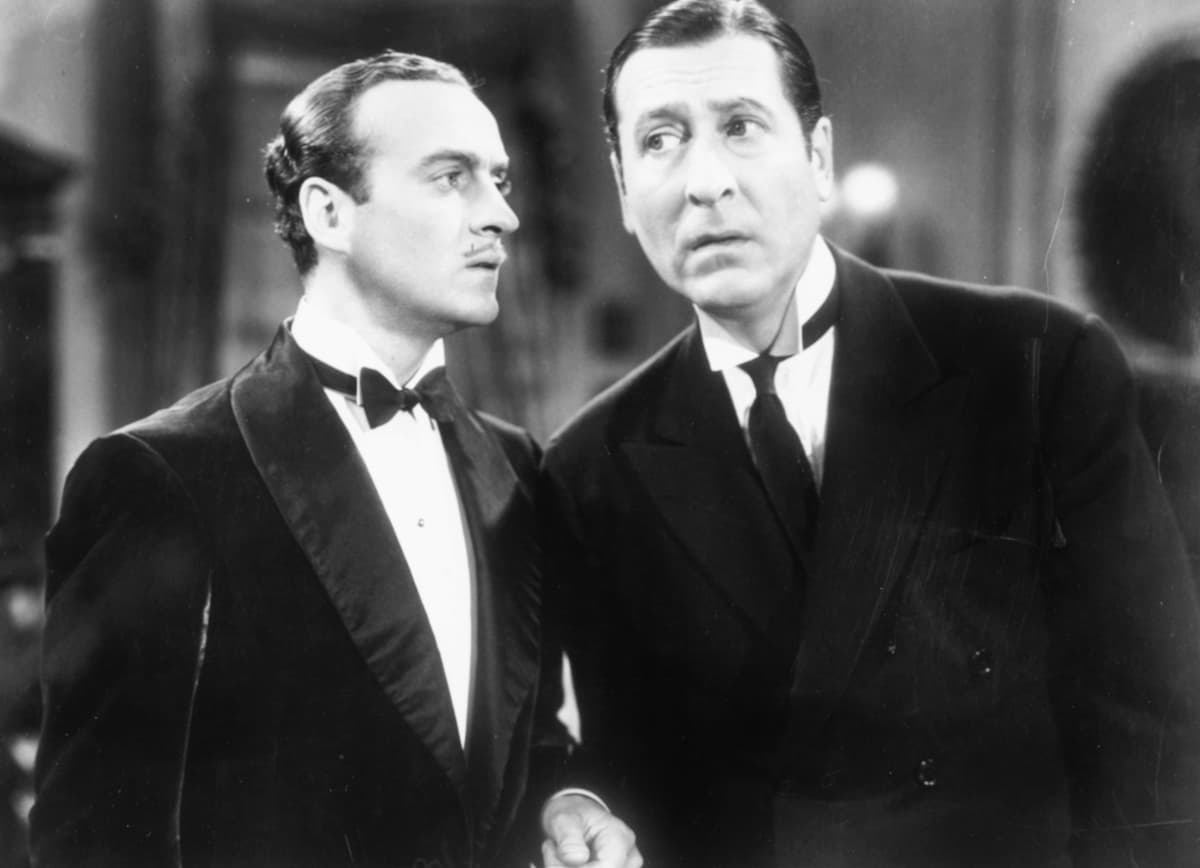The literary world commemorates the 110th anniversary of the beloved butler, Jeeves, created by British author P.G. Wodehouse. Debuting on September 18, 1915, in The Saturday Evening Post, the character first appeared in the story “Extricating Young Gussie,” which introduced readers to the hapless young aristocrat Bertie Wooster and his astute valet. This charming duo has since become synonymous with British humor and has left an indelible mark on popular culture.
Wodehouse’s stories, which include 11 novels and 35 short stories featuring Jeeves and Wooster, captivated audiences for more than six decades. The first tale was released in the United States months before it reached British readers through The Strand Magazine, renowned for launching the adventures of Sherlock Holmes. Wodehouse continued to entertain fans until 1974 with his final novel, Aunts Aren’t Gentlemen, published in the U.S. as The Cat-nappers.
Throughout his career, Wodehouse crafted memorable works, including “Thank You, Jeeves” (1934) and “The Code of the Woosters” (1938). His stories often revolve around the comedic misadventures of Bertie, who struggles with social faux pas and family obligations, while Jeeves consistently comes to the rescue with his exceptional problem-solving skills. Wodehouse’s ability to weave humor with sharp observations about the upper class has resonated with readers across generations.
Jeeves: An Enduring Cultural Icon
Jeeves quickly evolved into the archetypal butler, inspiring countless adaptations and parodies in film and television. His influence is evident in characters such as Church and Bannister from HBO’s “The Gilded Age.” The character has been portrayed by various actors, with Dennis Price embodying Jeeves in the 1960s BBC series, and Stephen Fry and Hugh Laurie delivering a celebrated adaptation in the 1990s. Their rendition captured the essence of Wodehouse’s characters, blending wit with clever storytelling.
Wodehouse himself was a colorful figure, often drawing inspiration from his own life experiences. His time living in New York, where he remarked that arriving felt like “going to Heaven without the bother or expense of dying,” influenced the settings of many of his stories. Yet, his life was not without controversy. During World War II, Wodehouse found himself in a precarious situation after making several broadcasts under Nazi direction while in France. The backlash was significant, with peers like A.A. Milne criticizing him harshly. Despite the fallout, Wodehouse was never charged with treason, and public opinion largely deemed him a victim of circumstance rather than a betrayer.
The Legacy of Jeeves
The continuing popularity of Jeeves and Wooster speaks to the timelessness of their adventures. As Wodehouse’s stories unfold, they transport readers to a whimsical world where social dynamics and personal quirks create endless opportunities for humor. As Stephen Fry aptly noted, the tales reflect a fantasy realm where Bertie and his companions are merely children navigating adult challenges, while the true adult figures are often depicted as stuffy and overly serious.
Even today, the influence of Jeeves resonates in modern culture. While the specifics of Wodehouse’s settings may seem dated, the underlying themes remain relevant. A recent anecdote illustrates this point: during a reception at Oxford University, a young woman mistook the archbishop of Canterbury for a butler, a humorous reminder of the enduring archetype Wodehouse created.
As the literary world celebrates the legacy of Jeeves, it is clear that this gentleman’s gentleman is more than just a fictional character. He embodies a unique blend of wit, intelligence, and charm, providing readers with a delightful escape into a world where problems are solved with elegance and grace. The laughter and insights he brings will continue to resonate for many years to come.




































































